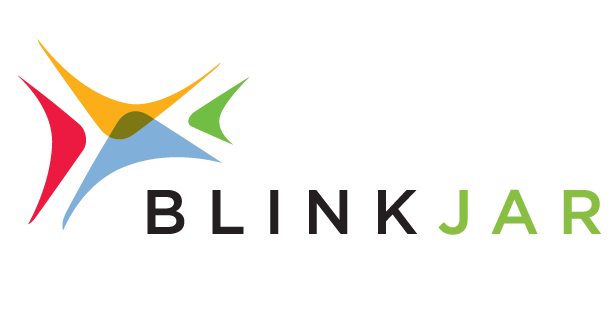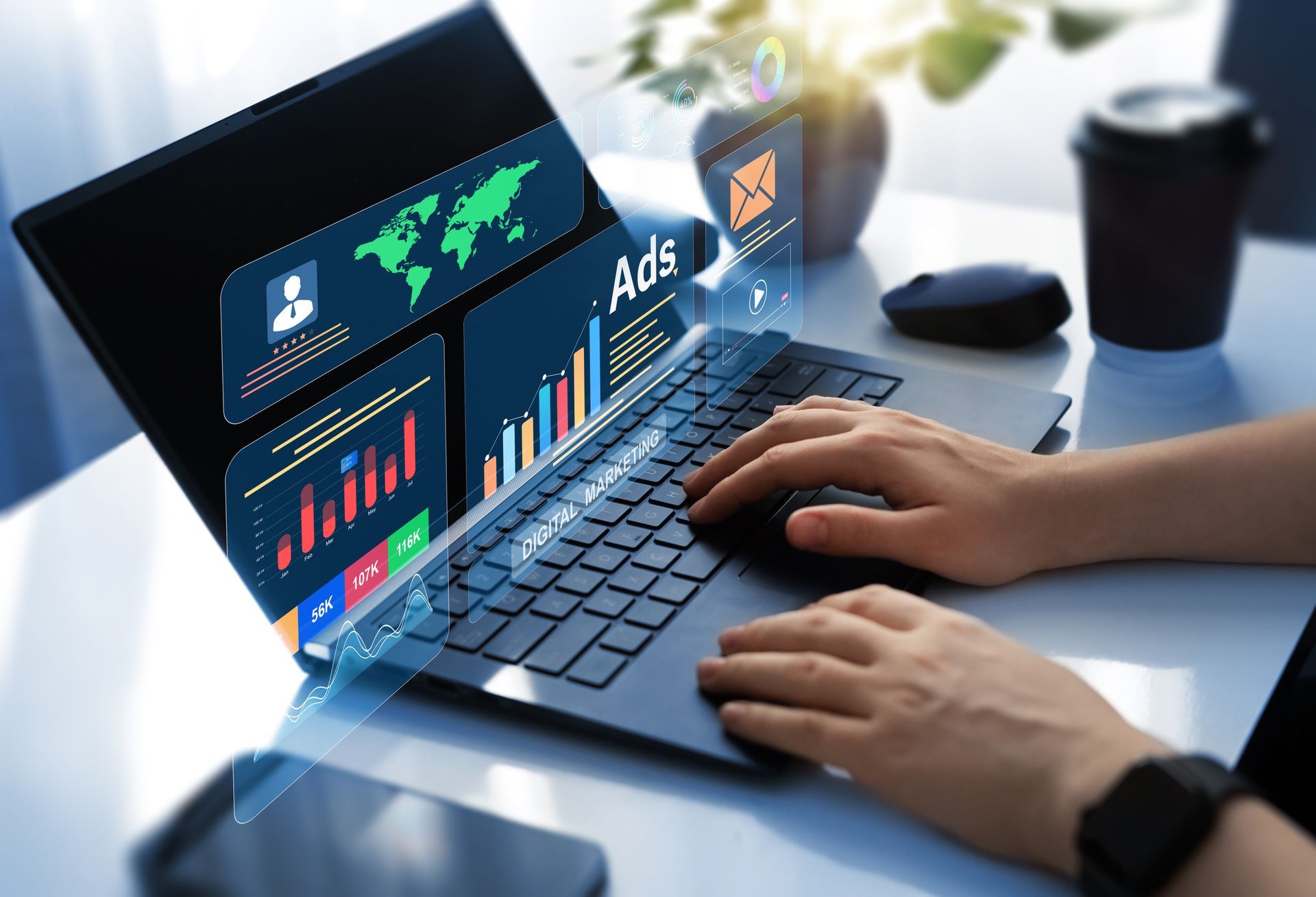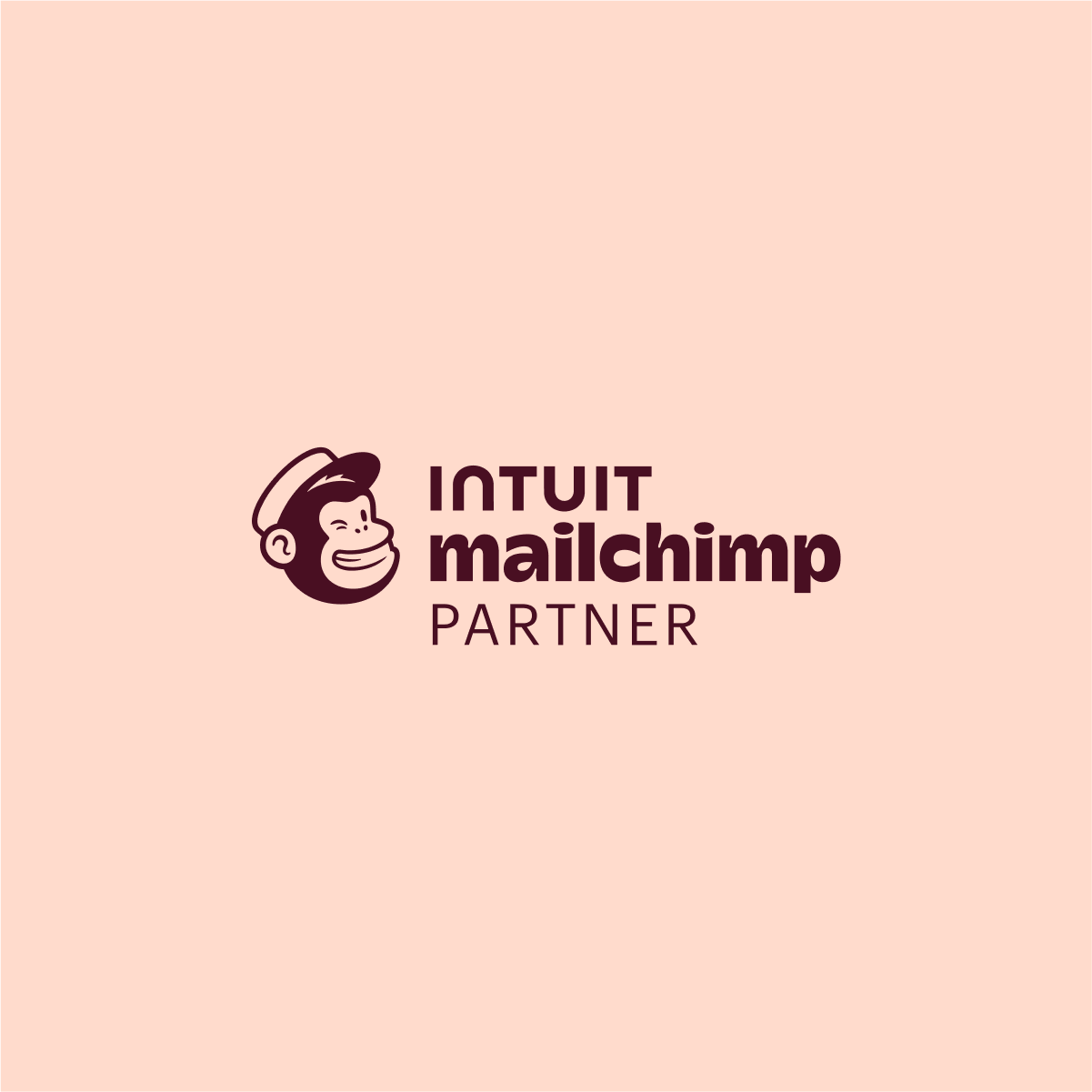AI and the Future of Search: What Every Business Needs to Know
Hey everyone, it’s Jared with BlinkJar Media. No, not the ChatGPT Jared. We try not to let that guy out too often. He’s a little… awkward and uses words that don’t make much sense. He is also way too obsessed with em dashes.
This post marks the launch of a new series we’re calling "The Future of Search." Over the next few weeks, my team and I will break down how AI and search are colliding, what that means for businesses like yours, and how you can stay ahead of the curve. We’ll bring in statistics, case studies, and real-world examples to demonstrate how customer habits are evolving and what practical steps you can take to adapt to these changes.
At BlinkJar, we’ve always focused on following the customer, not the competition. That obsession (the good kind, not the creepy kind) is what drives us to learn fast and help businesses prepare for what’s coming next. In fact, we were one of the first agencies to promote our policy on the use of AI in our agency.
How Have Consumer Media Habits Shifted Over Time?
In the late 1990s and early 2000s, I worked in television advertising, helping local businesses shift their budgets from print to television. The audience had already made the jump, but convincing business owners to follow them was tough. When someone has been doing the same thing for decades, change can feel risky. Trying to convince someone to do something they do not want to do is akin to getting a cat to bark. It’s not going to happen.
By the mid-2000s, attention had shifted again, this time from TV to the web. The businesses that leaned in early thrived, while many others stuck with what felt safe.
Today, we are at another turning point. But this time, it isn’t about moving from one medium to another. Consumers aren’t abandoning search; they are expanding how they look for answers. Google is still part of the journey, but AI-powered tools like ChatGPT, Gemini, and Google’s AI Overview are now in the mix.
The future isn’t about choosing between search and AI. It’s about how the two will work together to shape the way customers discover, learn, and make decisions.
Why Does AI-Powered Search Matter for Businesses?
We know customer habits are shifting, but it’s not just an observation. The data backs it up.
A Semrush study titled “ChatGPT Is Not Replacing Google — It’s Expanding Search” found that when people began using ChatGPT, their usage of Google Search did not drop. In fact, there was a slight increase in average Google usage. This supports the “expansion hypothesis,” which suggests that people are using AI to expand their information sources, rather than replacing search entirely.
For businesses, this means things have changed. Search is no longer just about keywords. To stay relevant, you have to show up in traditional search results and in the kinds of responses AI tools generate.
What Is the Golden Marketing Rule Businesses Must Follow in the AI Era?
Even as the tools change, one rule never does: follow the customer.
Customers have always shifted their focus from print to TV, to the web, and then to search. Each shift created winners and losers. The winners were the businesses that adapted first, while the losers clung to the old way of doing things and got left behind.
Today’s shift is no different. The only thing that has changed is the speed. AI isn’t waiting around.
How Is AI Search Changing the Way Businesses Get Found?
Think of AI search as the next evolution of discovery. It doesn’t replace traditional search; it builds on it. The businesses that adapt now will be the ones customers find when they ask AI assistants for recommendations, comparisons, or advice.
What Steps Should Businesses Take to Stay Ahead in AI and Search?
The real question isn’t “How do we rank on Google?” anymore. It’s “How will customers find us in an AI-driven world?” Visibility is expanding beyond Google results. Now it’s about showing up in AI-generated answers, platform searches, and new pathways that combine traditional search with AI.
That’s what this series will cover. We’ll dig into zero-click search, Answer Engine Optimization, measurement changes, reputation signals, and why being present on platforms like YouTube, TikTok, and Reddit is becoming just as important as ranking on Google.
For now, I’ll leave you with this: the businesses that embrace these changes early will be the ones that customers continue to find, trust, and choose. If you want to be that business, we should have a conversation.









